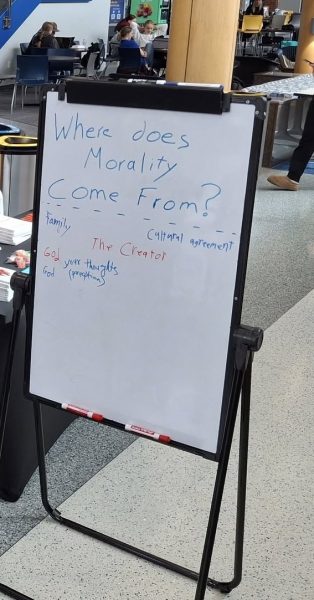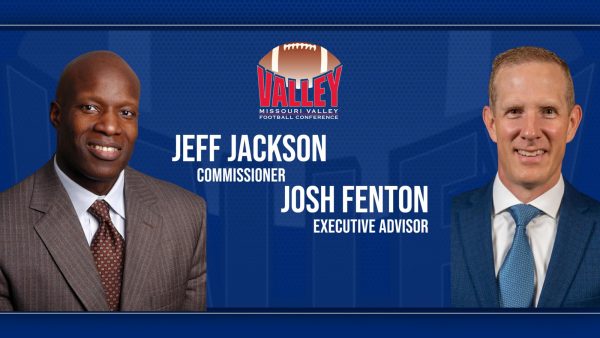So, whatcha gonna do?
October 4, 2004
Claudia Mcintosh
Obeying the law is good advice, but that doesn’t mean college students never get in trouble.
Chances are that you will have to deal with police officers at some point in your college life and it is important to know how to handle the situation.
“I don’t think many students know about the rights they have when dealing with the police,” says Stephanie Malecha, an 18-year-old biology freshman from Northfield, Minn. “It’s important because they shouldn’t get in more trouble than they have to because they don’t know what to say.”
The party
Sometimes a party ends quickly because of a heavy knock on the door that sends underage guests running. If you are a minor at a party that gets busted, you have two choices-run or don’t.
If you run and get caught, you could face charges just for fleeing from an officer. That means an extra $100 in fines plus punishment for anything else you’ve done. Trying to escape by driving is worse than running because you could get a DUI charge too.
If you’re at a party and haven’t had anything to drink, you’re better off staying put because the police might not charge you with being a minor in possession, says UPD Chief Tim Heaton. If you have been drinking, you’ll get charged with consumption by a minor you will but avoid possible fleeing charges.
Yelling, “Come in!” when there is a knock at the door is an invitation to police. That means they don’t need a search warrant to come in and look around.
Lights flashing in the rearview mirror
If you get pulled over by a police officer, don’t panic. Police often pull people over for traffic violations that aren’t a big deal.
A police officer can only search your car and make you do field sobriety tests if there is probable cause for them to think you’ve been drinking. Probable cause includes certain body signals or detectable alcohol in the car. You have the right to ask an officer why he thinks you’ve been drinking.
If he doesn’ t have a reason, you don’t have to let him search your car or give you those tests.
In the event that you take the tests and don’t pass (which could include blowing over .08 percent, the blood alcohol limit in South Dakota), the officer will arrest you for DUI and ask you to take the blood alcohol test at the hospital. He may also search you and your entire car without a warrant.
You do not have to take the blood alcohol test, but refusal means the court will find you guilty of DUI and you may lose your license for up to a year.
Most importantly, you need to remember your right to remain silent. At no time are you, or your passengers, required to answer questions like, “Where is the party?” or, “When is the last time you had something to drink?” You also don’t have to answer any personal questions about yourself.
Drugs or alcohol in your dorm room
A residence hall director will come to you and ask to search your room if they think you’ve stashed alcohol or drugs there. If you consent to the search, it’s considered informal. You don’t have to consent to a search. But if you refuse, the residence hall director can contact UPD. “If the UPD knocked on my door and said, ‘UPD! Open up!’ I wouldn’t know if I had to answer or not,” says Steven Brunner, an 18-year-old pharmacy freshman from Newell.
UPD would need a search warrant. Your residence hall director can search your room without a warrant if he or she has probable cause, such as visible alcohol in your room. This search can include looking in your refrigerator, but is fairly quick and does not usually include viewing personal areas.
If alcohol or drugs are found, you will be charged at the campus level and subject to punishment. In addition, UPD can send you to face criminal charges at the city level.
If you didn’t know your roommate had something illegal in the room you share, you can have a meeting to say you had nothing to do with it. Rights for students living in dorms are spelled out more clearly on the SDSU webpage.
#1.885851:681558844.jpg:cop1.jpg::James Searls





















